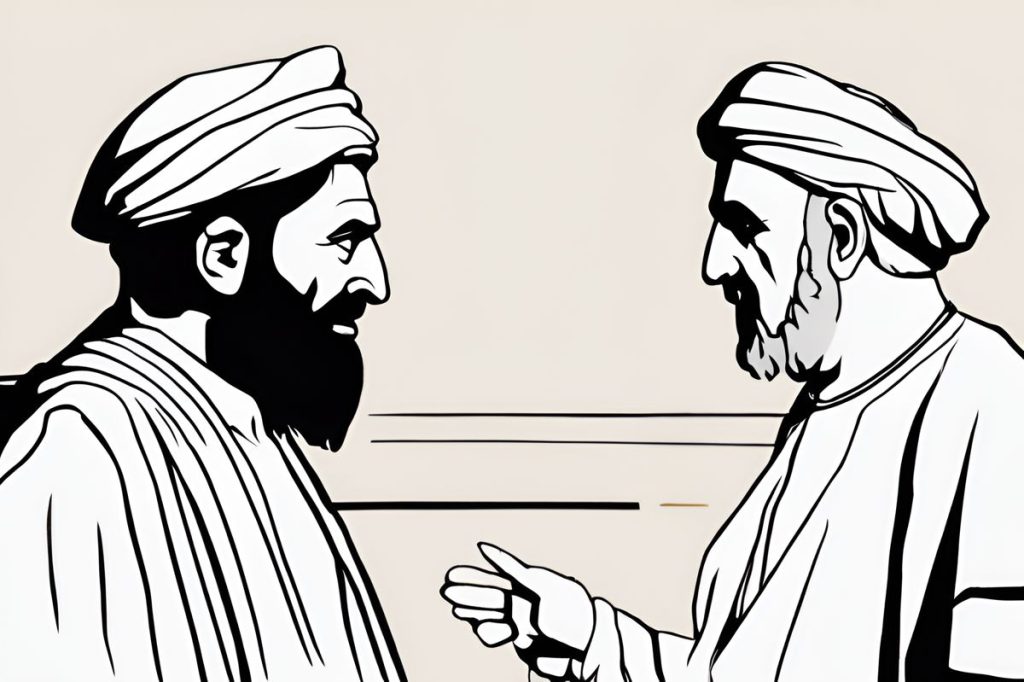Cyprus’s indirect talks with Hezbollah reveal a delicate dance of diplomacy in the Middle East. As warnings from Hezbollah’s leader, Hassan Nasrallah, loom, Cyprus must tread carefully to maintain peace and navigate regional tensions without getting caught in the crossfire.
What are the implications of Cyprus’s indirect communications with Hezbollah?
Indirect communications between Cyprus and Hezbollah indicate a complex diplomatic landscape. Cyprus aims to maintain peace and avoid conflict while navigating regional tensions. These interactions suggest a cautious effort by Cyprus to balance its relationships, responding to warnings from Hezbollah without escalating the situation.
Indirect Communications Revealed
Amidst tensions in the Mediterranean, a Lebanese journalist has brought to light that Cyprus has engaged in unofficial conversations with Hezbollah. Salem Zahran, a noted Lebanese journalist and political analyst, spoke candidly on MTV Lebanon about the nature of these talks. Although details remain scarce, Zahran emphasized that the communications did not constitute threats but rather served as warnings from Hezbollah’s leader, Hassan Nasrallah.
The exact nature and level of the talks were not divulged, yet Zahran mentioned that positive messages were exchanged, suggesting a thaw in relations. These interactions hint at a complex diplomatic backdrop, where Cyprus navigates its regional relationships with caution.
Nasrallah’s Warning and Cyprus’s Position
The gravity of Nasrallah’s words was clear when he highlighted how Cyprus’s cooperation with Israel could implicate them in future conflicts. Hezbollah’s leader warned that should Cyprus continue to grant Israel access to its airports and bases, it would be seen as complicit in acts against Lebanon. This stern message indicates the delicate balance that Cyprus must maintain to avoid escalation.
Reacting to these developments, Cypriot government spokesman Konstantinos Letymbiotis responded with a measured tone. Addressing public concerns, he reassured through the CyBC broadcaster that Cyprus has no intention of engaging in warfare. The government of Cyprus firmly stated that Nasrallah’s remarks do not reflect the true stance of the nation, emphasizing their commitment to peace and stating that diplomacy would be their chosen path forward.
Regional Implications and Response
The indirect talks between Cyprus and Hezbollah underscore the intricate and often volatile dynamics of Middle Eastern politics. While Hezbollah, a powerful political and military organization based in Lebanon, insists on its reasons to potentially ignite a conflict, its communication with Cyprus could be seen as an attempt to manage tensions pre-emptively.
Cyprus, for its part, finds itself in a sensitive geopolitical position, having to balance relationships with its neighbors against wider international alliances. The island nation’s strategic location has long made it a focal point of regional power plays, and current events continue to test its diplomatic resolve.
Moving Forward with Caution
This fragile situation leaves Cyprus walking a diplomatic tightrope, striving to maintain regional peace and the security of its own borders. The challenge for Cypriot officials lies in their ability to engage in dialogue with all parties involved, while ensuring that their sovereign decisions do not inadvertently draw them into a larger, unwanted conflict.
The Mediterranean continues to be a region of strategic importance and, as such, the actions and decisions made by small nations like Cyprus can have far-reaching consequences. It is a testament to the complexities of international relations, where indirect talks and carefully chosen words can carry weight far beyond their immediate context.
What are the implications of Cyprus’s indirect communications with Hezbollah?
Indirect communications between Cyprus and Hezbollah indicate a complex diplomatic landscape. Cyprus aims to maintain peace and avoid conflict while navigating regional tensions. These interactions suggest a cautious effort by Cyprus to balance its relationships, responding to warnings from Hezbollah without escalating the situation.
How were the indirect communications between Cyprus and Hezbollah revealed?
A Lebanese journalist, Salem Zahran, disclosed the unofficial conversations between Cyprus and Hezbollah on MTV Lebanon. While specific details were not disclosed, Zahran mentioned that the talks involved warnings from Hezbollah’s leader, Hassan Nasrallah, and appeared to have a positive tone, hinting at a potential thaw in relations.
What was Hassan Nasrallah’s warning to Cyprus, and how did Cyprus respond?
Nasrallah warned Cyprus that its cooperation with Israel could implicate them in future conflicts. In response, Cyprus’s government spokesman, Konstantinos Letymbiotis, reassured the public that Cyprus had no intention of engaging in warfare. The government emphasized its commitment to peace and diplomacy as the way forward.
What are the regional implications of the indirect talks between Cyprus and Hezbollah?
The indirect talks highlight the complex and volatile dynamics of Middle Eastern politics. Cyprus must navigate its relationships with caution, balancing regional tensions and international alliances. The situation underscores the importance of diplomatic finesse in managing potential conflicts and maintaining peace in the region.

